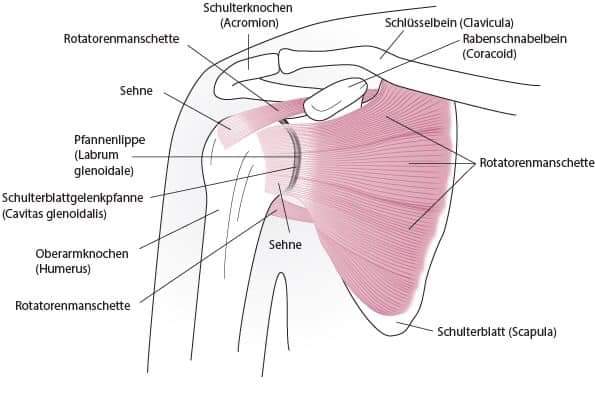
2023-07-12T01:52:35
Physiotherapy clinic in Tambaram Are you Looking for Physiotherapy Treatment in Tambaram, Sunshine Super Speciality Physiotherapy Clinic, We Provide Electrotherapy, Exercise and Manual Therapy, Orthopedic, Neuro, Cardio, Pediatric, Sports and Geriatric Rehabilitation, Post Operative Physiotherapy Treatment, Fracture Rehabilitation, pain free movement. Impingement syndrome, also known as shoulder impingement, is a condition that affects the shoulder joint. It occurs when the tendons or bursa in the shoulder become compressed or irritated, leading to pain, inflammation, and limited movement. The shoulder joint is made up of the humerus (upper arm bone), the scapula (shoulder blade), and the clavicle (collarbone). There is a space between the top of the humerus, called the acromion, and the tendons and bursa that pass through it. In impingement syndrome, this space becomes narrowed or compromised, causing the structures to become pinched or trapped during certain shoulder movements. Several factors can contribute to the development of impingement syndrome, including: 1. Repetitive overhead activities: Activities that involve repeated overhead motions, such as throwing, swimming, or painting, can increase the risk of impingement syndrome. 2. Shoulder instability: Instability in the shoulder joint, which may be due to previous injuries or anatomical variations, can lead to abnormal movement patterns that contribute to impingement. 3. Poor posture: Forward-rounded shoulder posture or hunching can narrow the subacromial space and increase the risk of impingement. 4. Muscle imbalances: Weakness or imbalance in the muscles surrounding the shoulder joint can affect its stability and increase the likelihood of impingement. The symptoms of impingement syndrome typically include: 1. Shoulder pain: The pain is usually located at the front or side of the shoulder and may extend down the arm. It is often worse with overhead activities or reaching behind the back. 2. Limited range of motion: You may experience difficulty or pain when raising your arm or rotating it. 3. Weakness: Weakness in the affected shoulder may be present, particularly when performing overhead movements. 4. Inflammation: The area around the shoulder may become swollen or tender. Treatment for impingement syndrome focuses on relieving pain, reducing inflammation, and restoring normal shoulder function. It may include: 1. Rest and activity modification: Avoiding or modifying activities that exacerbate symptoms. 2. Physical therapy: Strengthening exercises to improve shoulder stability and flexibility, as well as techniques to correct posture and movement patterns. 3. Medications: Nonsteroidal anti-inflammatory drugs (NSAIDs) or corticosteroid injections to reduce pain and inflammation. If you suspect you have impingement syndrome or are experiencing persistent shoulder pain, it is important to consult with a healthcare professional, such as a doctor or physical therapist, for an accurate diagnosis and appropriate treatment plan. #impingementsyndrome SUNSHINE ® SUPER SPECIALITY PHYSIOTHERAPY CLINIC - #DrParthiban #Sunshinephysioclinic.in #Physiotherapyclinicintambaram DR.M.P. PARTHIBAN.M.P.T (Ortho), Chief Orthopedic Physiotherapist, Call for Appointments: - 9345122177 East Tambaram, CHENNAI

